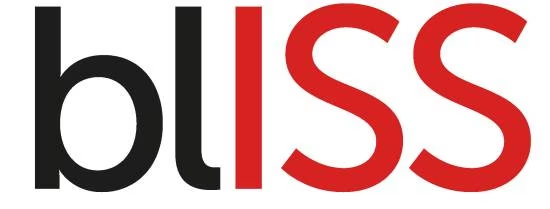More than 100 million people across the world living in war zones and other emergency settings are dependent on humanitarian assistance facilitated by the UN. These populations are likely to be profoundly affected by the COVID-19 pandemic and require support now more than ever. The UN that in recent years has been fraught with corruption incidents and has witnessed the siphoning of humanitarian aid funds by aid workers now faces two choices. It can either fail to adequately monitor aid allocated to the fight against the pandemic that can allow corrupt practices to continue, or it can seize the opportunity the crisis presents to boldly fight corruption by reviewing and rethinking its aid allocation practices.
Read the full article: "The COVID-19 pandemic provides the perfect opportunity to investigate and quash corruption in the UN’s aid agencies"
About the author:
Avagay Simpson:
is a graduate of the International Institute of Social Studies with a master’s degree in Development Studies specialising in Governance and Development Policy. Her research interest are the governance of international humanitarian aid, non-profit governance, anti-corruption, and Public Policy. She also holds a master’s degree in International Relations and currently works as a consultant in Jamaica.
- More information
What is BlISS
Bliss is the blog of the International Institute of Social Studies on global development and social justice. It aims to provide a space where research ideas and findings are brought to the development community in a timely way. With the blog, ISS will address different audiences in policy, practice and the public at large.
Want to receive updates on new posts? Sign up to Bliss today!

